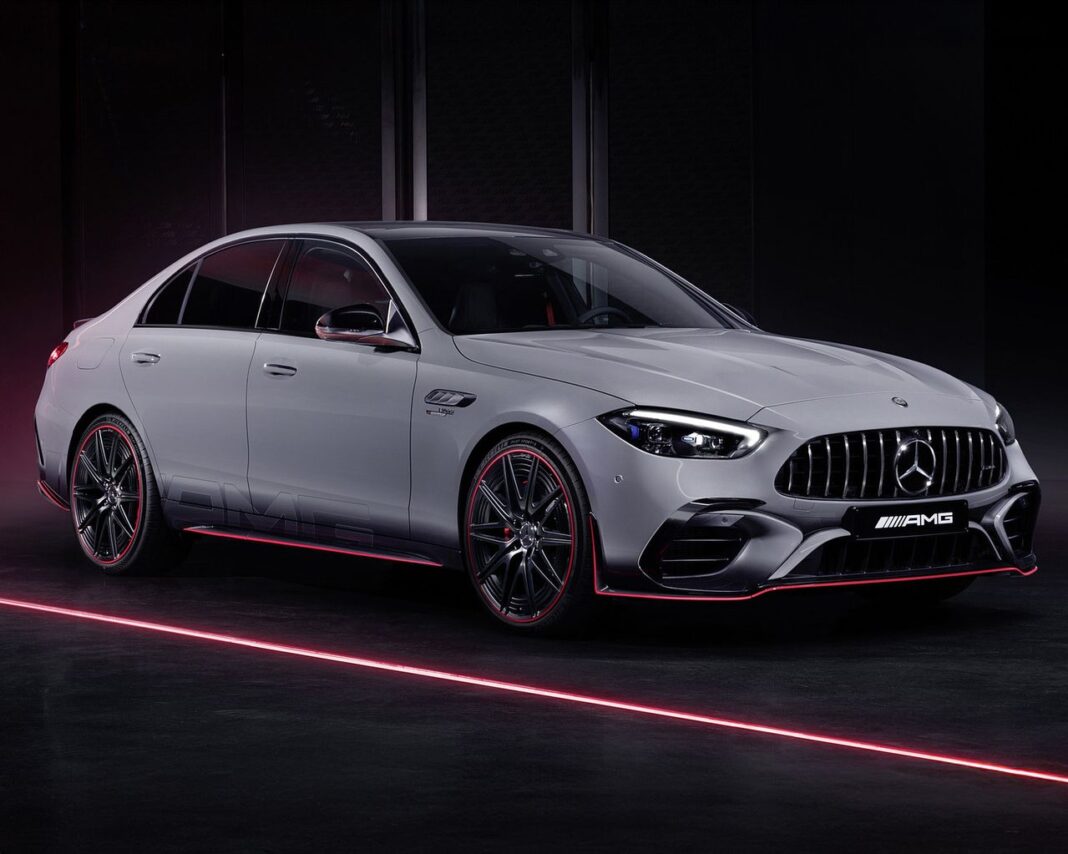Mercedes-Benz has long been a leader in high-performance sedans, with its C63 AMG models developing a devoted and massive cult following over the years. The sound of a handcrafted V8 engine became a key part of the brand’s image – a raw and passionate experience that many fans felt no competitor could match BMW and Audi.
“This is Mercedes’s answer to the BMW M3 it’s the AMG C-Class and its not a car it’s a complete animal, you don’t really drive the car you cling on for life,” Automotive Journalist, Jeremy Clarkson of “Top Gear” and subsequently “The Grand Tour” said about the C63 particularly the W204 in his first review.
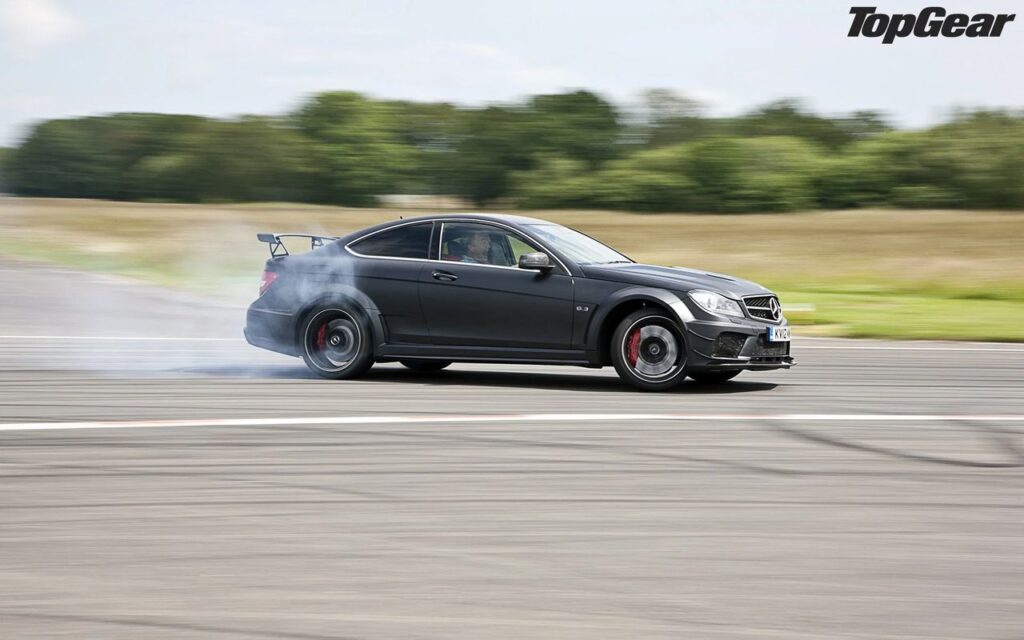
It is for these reasons that enthusiasts gravitated towards the C63 models for the driving experience they offer. However, recent decisions by the Stuttgart automaker have shocked the automotive world. From dropping the V8 and switching to a 4-cylinder which generated negative reviews, the new entrant, the w206 C63 has been boycotted.
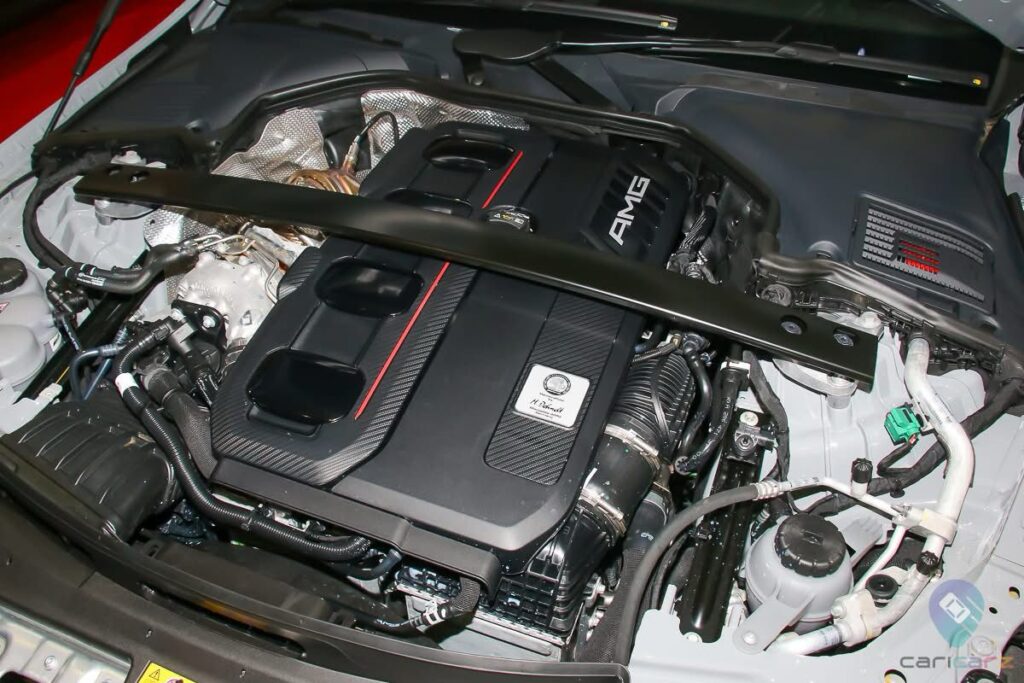
The rife reports now indicated that Mercedes Benz plans to discontinue the production of both the C63 and C43 versions, and the plan is to replace them with a single C53 model powered by a six-cylinder engine, the same one used in the CLE 53. This change raises an important question; Is Mercedes-Benz risking its legacy and its customer base by leaving behind the engines that built its performance reputation?
Critics including automotive journalists, YouTubers and car enthusiasts have pointed out the problems of the w206 c63 that has led to low car sales. The new model was launched with a turbocharged four-cylinder hybrid engine instead of the flagship 4.0 liter V8, which led to boycotts and very low sales. According to the reviews, this change took away the soul and primary purpose of the C63.
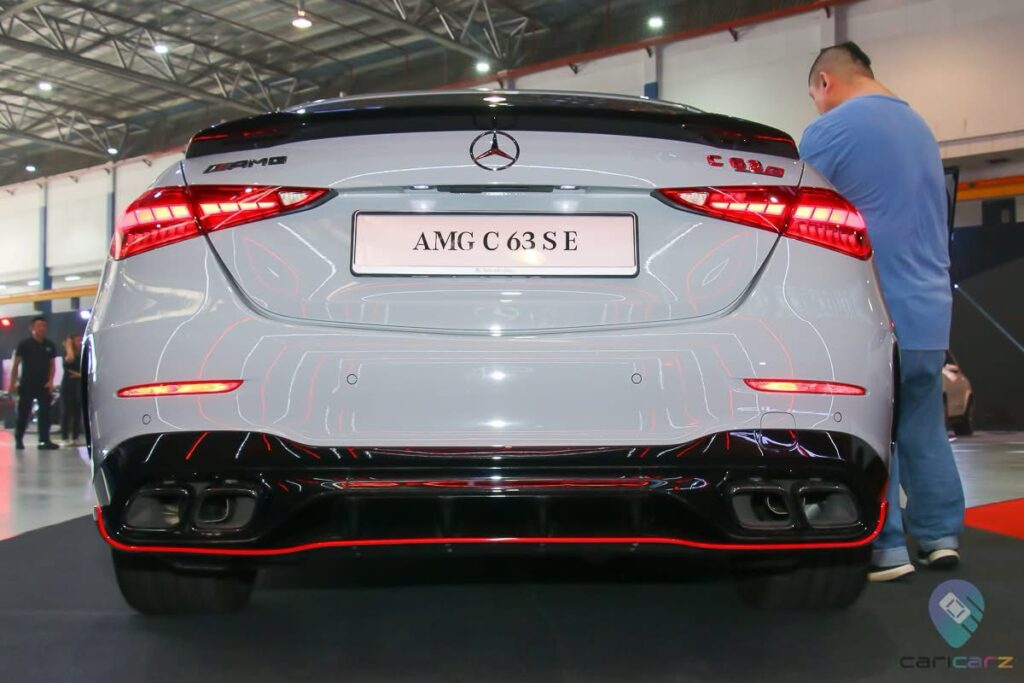
While the new engine is advanced in technology, many believe it lacks the character and the experience of the old model and that rear-wheel-drive bias that makes riders feel in control. Statistics show that Mercedes’s experience in China dropped by 10% in 2024 with buyers not to enthused about its electrified performance.
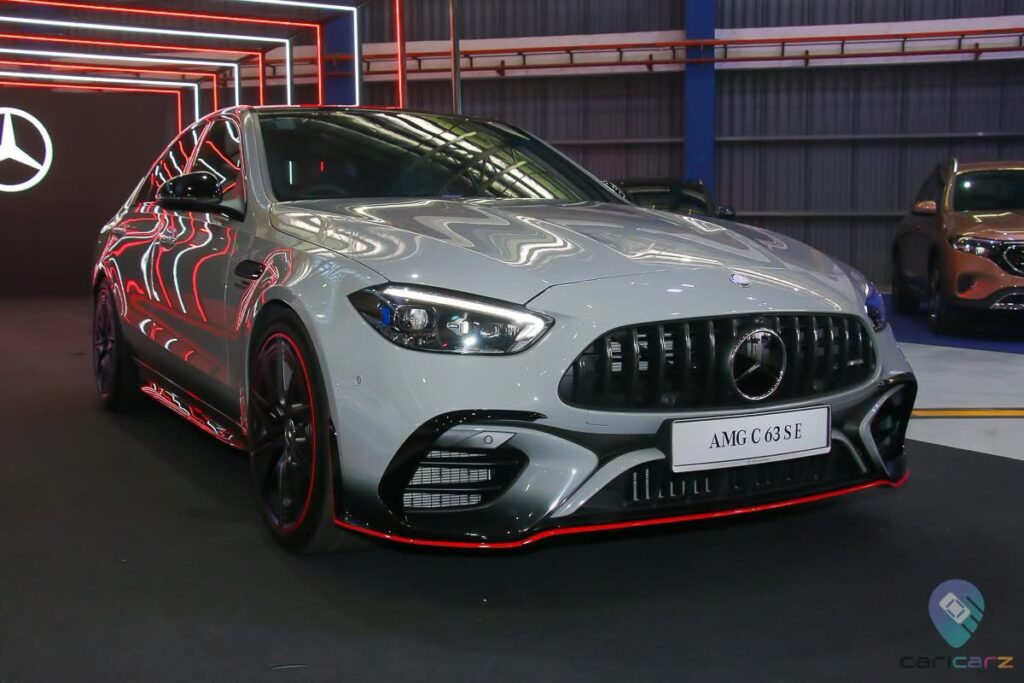
With the removal of the C43’s twin-turbo V6 producing 385 hp and the C63’s versions 469 hp and the 5003 hp C63S, the upcoming C53 now faces a difficult challenge. If consumers ignore the hybrid four-cylinder, will they be swayed by the six-cylinder with plenty of power?
The debate has extended to the microblogging platform, X with questions raised about how these engine changes might impact the legacy of AMG.
There is a growing sentiment that while modern technology is important, the emotional connection to powerful, naturally aspirated engines and turbocharged engines forms a core part of the heritage that defines true-performance sedans.
Meanwhile, BMW’s G80 M3 casts a large shadow. Rather than shift to smaller engines, the M3 continues to use its S58 inline 6 engine, a unit known for its strong tuning potential and its pure, non-hybrid nature. The S58, available in both rear-wheel drive and all-wheel drive “x-drive” has become very popular with performance-oriented car fanatics,
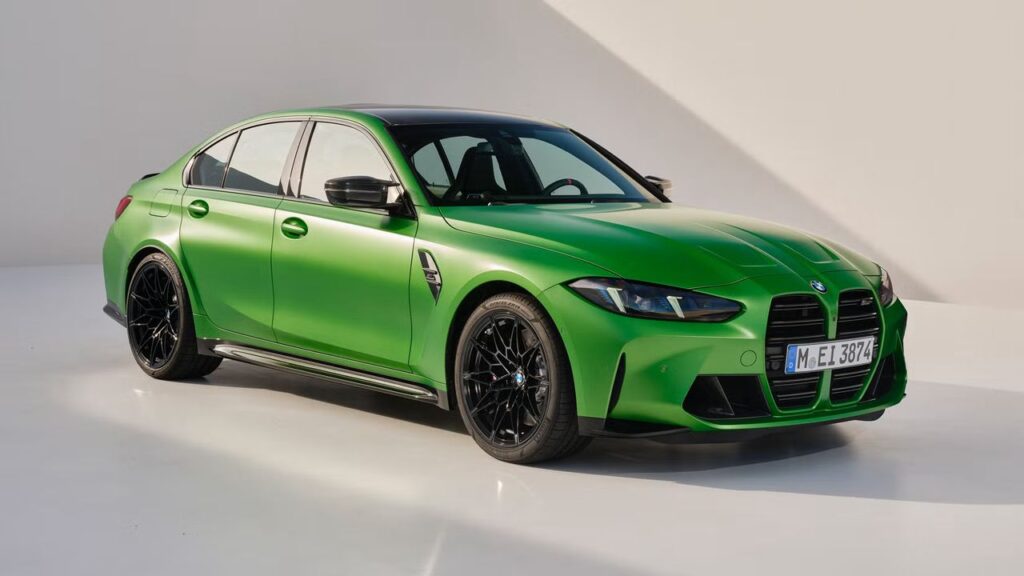
In the past, the C63’s V8 provided it with an edge over the M3’s six-cylinder options. Although BMW experimented with a V8 in the 2007 E92 M3, they soon reverted to the inline-six, refining it into the highly advanced engine it is today. Unfortunately, Mercedes is heading in the opposite direction—reducing the number of cylinders while incorporating hybrid technology, a strategy that could potentially alienate its traditional fan base.
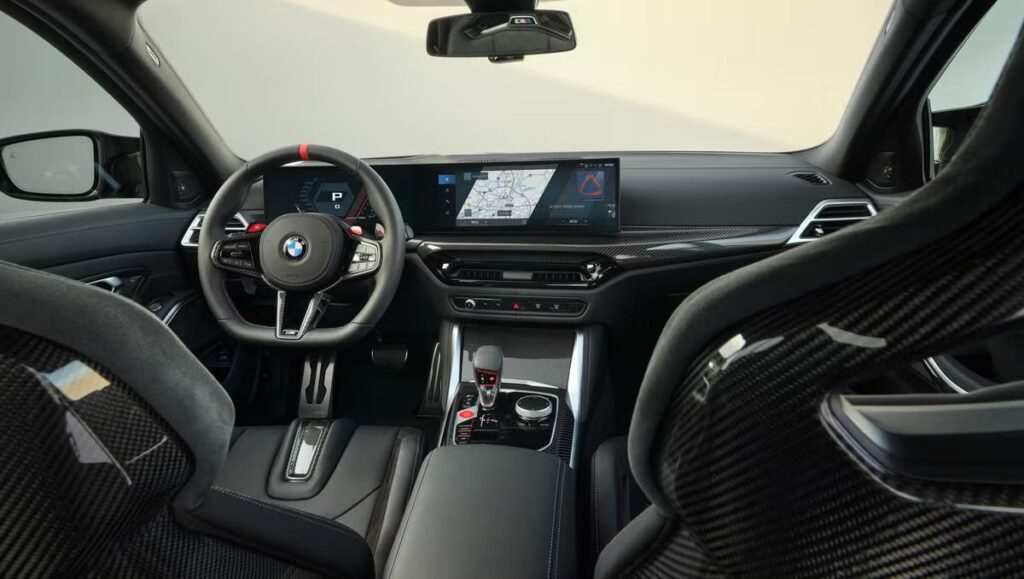
There is also the challenge of perception. The W206 C63’s four-cylinder engine, which is also used in the A45 hatchback, has sparked discussions about the dilution of the AMG brand. Many feel that AMG’s idea of “one man, one engine” is compromised when a top-performance sedan shares its heart with a small car. Although the C53’s six-cylinder engine might address some of these concerns, the damage to Mercedes’ performance reputation may already have been done. In contrast, BMW’s M3 continues to stick with a consistent engineering story, mixing traditional internal combustion engines with new ideas without the need for electric motors or any form of hybridized technology.
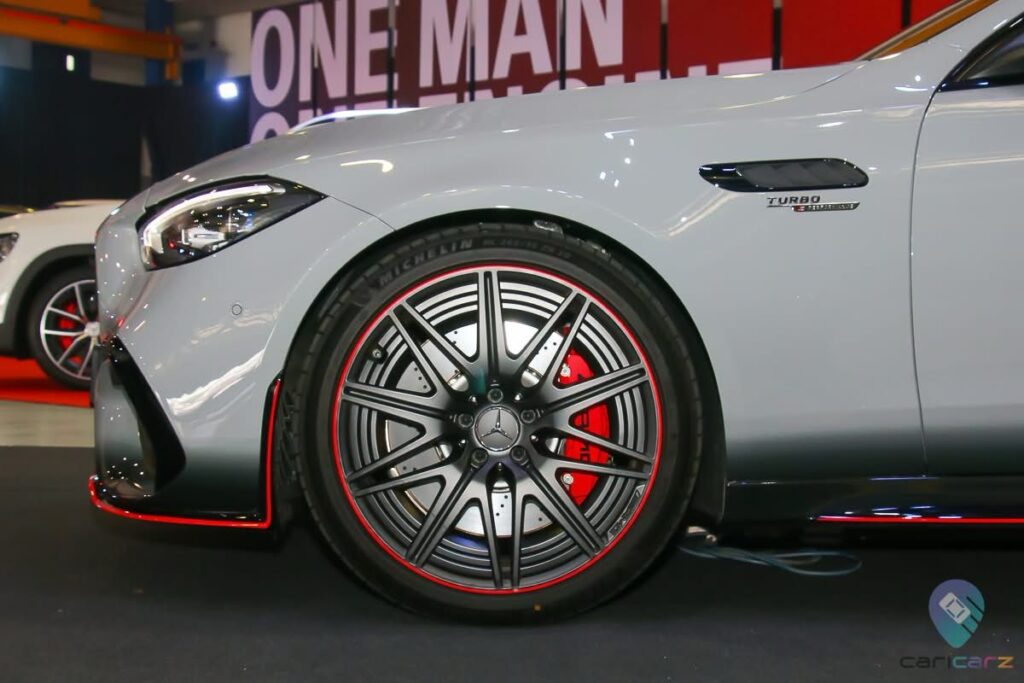
Mercedes states that strict EU emissions rules are the main reason behind these changes. Yet, critics argue that other automakers, like BMW, are navigating the same regulations without sacrificing the passion that drives the performance segment. By prioritizing compliance over emotion and consumer demand, Mercedes risks losing ground in a market where heritage and engine power still matter—and, in many ways, go hand in hand.
The drop in sales in China, a market where high-end performance cars are viewed as status symbols, suggests there may be deeper issues. If the new C53 fails to generate interest, Mercedes could face even greater challenges, with its performance lineup potentially being regarded as a shadow of its former glory. Many industry analysts believe this decision by Mercedes-Benz reflects a broader shift in the automotive industry, where performance is increasingly measured by modern technologies and efficiency metrics rather than raw engine power. This perspective, however, remains a topic of debate, as traditionalists continue to celebrate the visceral thrill that higher-displacement engines provide.
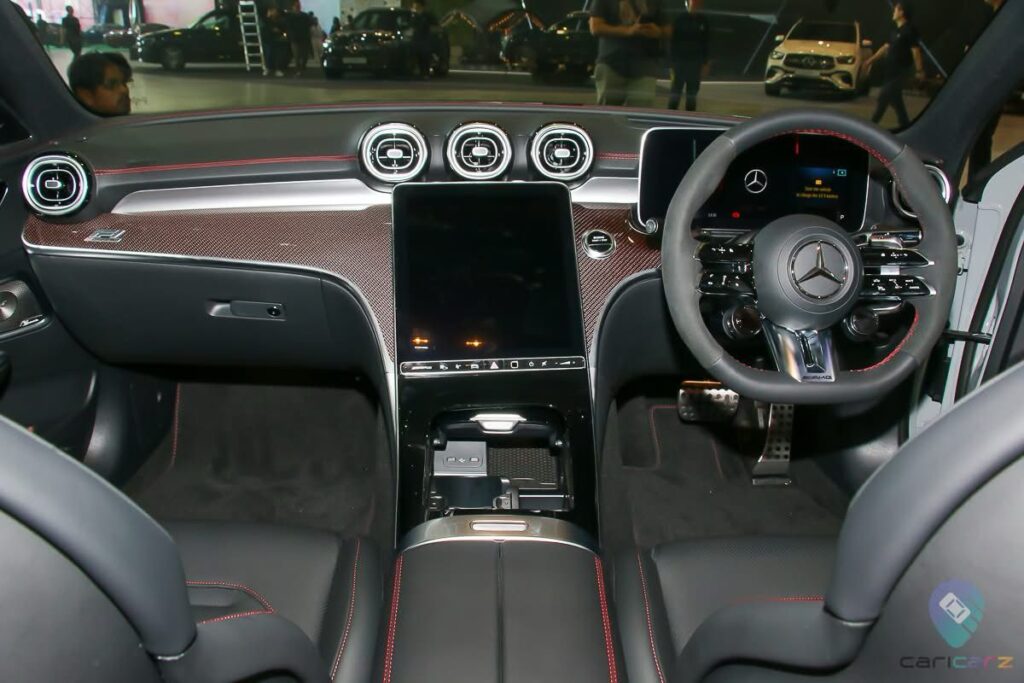
The C-Class has long been the gateway to Mercedes’ performance lineup. Yet, with the C43 and C63 disappearing and the future of the C53 uncertain, this entry point may soon close. Fans are not merely purchasing horsepower; they are buying into a legacy. At this moment, BMW’s M3 seems to be writing the next chapter, while Mercedes’ unexpected changes might be closing one, leaving fans to wonder if the story they loved is coming to an end.
Ultimately, this period represents a crossroads not only for Mercedes-Benz but for the entire performance sedan segment. It places immense pressure on other automakers, such as BMW and Audi, to meet consumer demand while still adhering to regulations. Whether modern hybrid technology can coexist with the storied traditions of mechanical passion—or whether it will diminish what made these models iconic—remains to be seen



